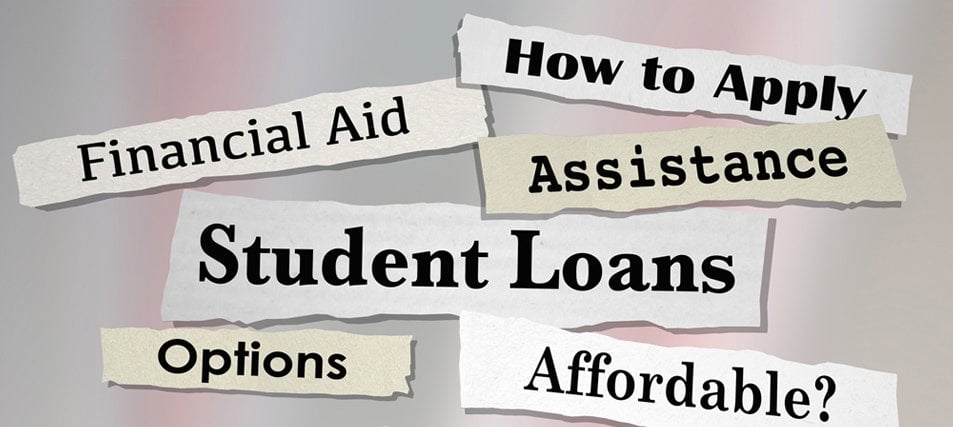Debunking Myths About Financial Aid

Do you believe any of the following "myths" about getting college financial aid? Read on to get to the truth.
Every year, thousands of students and their families let misconceptions about financial aid stop them from getting the aid they deserve. Don't be a member of this unfortunate group.
Myth: There isn't enough aid for everyone, and certainly not for my family
Fact: According to the College Board, more than $177 billion in financial aid was given to undergraduates during the 2022-2023 academic year. This included $27 billion in federal grants; $60 billion in grants from institutions, and $44 billion in federal student loans.
Myth: My high school grades aren't good enough to qualify for aid
Fact: The vast majority of federal and state aid is based on financial need, not grades. For many private scholarships, grades don't count as much as you might think. Many of them are awarded based on other criteria, such as financial need, leadership, residence, major, religion, or ethnicity.
Myth: Paying for advice will increase the amount of aid I get
Fact: Applying for aid can appear complicated at first. But you can get free help from CollegeData, your high school counselor, nonprofit and community organizations, and college financial aid offices.
Myth: I should pay to find the millions of scholarship dollars that go unclaimed each year
Fact: Beware of any "scholarships" that require you to pay a fee in order to apply or services that ask you to pay for access to scholarship information. These are usually scholarship scams. There are hardly any scholarships that go unused, and scholarship information is available online — for free.
Myth: I'm not talented enough to win a scholarship
Fact: Most scholarships for college students are awarded based on academic performance in high school, outstanding extracurricular involvement, and unique interests. So what are you passionate about? Odds are there are more than a few scholarships for which you are eligible, as well as unusual scholarships not based on academic merit.
Myth: My great grades will attract scholarships that will pay for everything
Fact: Only a handful of students earn scholarships that pay for all college expenses — the so-called "full ride." So be sure to apply for financial aid by completing the Free Application for Federal Student Aid (FAFSA). Your great grades may make you eligible for grant money from colleges — which is just as good as scholarship money.
Myth: My family has saved for college so I'm not eligible for aid
Fact: The impact of parents' savings is relatively small compared to other factors. So it makes sense to file a FAFSA. At the very least, you'll be eligible for a federally guaranteed student loan. You may also be eligible for aid from your state and college.
Myth: I can't afford expensive colleges
Fact: If you are a good fit for such a college, go ahead and apply. Make your decision when you get your financial aid award letter, not the first time you see the "sticker price," also known as the college's Cost of Attendance.
How to Get Scholarships for College
If you want financial aid for college, you have to apply for it. The first step is to complete the FAFSA and other financial aid forms such as the CSS Profile. These forms determine your eligibility for state and federal college aid, as well as scholarships and grants funded by colleges and universities.
But don't forget that your unique qualities, experiences and interests may also qualify you for a number of private scholarships. To find scholarships that match your personal qualifications, use CollegeData's free Scholarship Finder.



